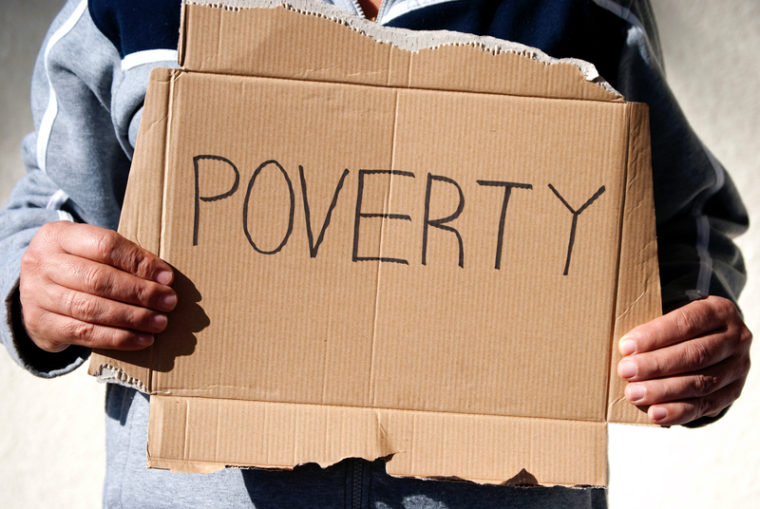
The unprecedented $2.7 trillion spent on weapons and the military has left global spending on building peace and sustainable development far behind and is intensifying wars and geopolitical tensions, a new United Nations report warns.
Spending on security needs increased across all five global regions during 2024, marking the steepest year-on-year rise for at least the last 30 years. In comparison, the world could eliminate extreme poverty for just under $300 billion.
“The world is spending far more on waging war than in building peace,” the UN Chief António Guterres said. “The evidence is clear: excessive military spending does not guarantee peace. It often undermines peace – fueling arms races, deepening mistrust, and diverting resources from the very foundations of stability.”
“A more secure world begins by investing at least as much in fighting poverty as we do in fighting wars,” he pointed out.
The report entitled, “The Security We Need; Rebalancing Military Spending for a Sustainable and Peaceful Future”, notes that the shortfall in spending on poverty reduction has reached a record $4 trillion.
Its conclusions run counter to President Donald Trump’s insistence on greatly expanding US military capabilities and enriching Americans by using economic and other coercion to reach new trade and financial deals in their favor with almost all the world’s countries.
Military spending last year was almost 13 times the combined development assistance provided by the world’s richest countries and 750 times the UN annual budget.
“Investing in people is investing in the first line of defense against violence in any society,” Guterres added. While more is being spent on militaries, less is being spent on social investment, poverty reduction, education, health, environmental protection and infrastructure.
Redirecting even a fraction of today’s military spending could close vital gaps – putting children in school, strengthening primary health care, expanding clean energy and resilient infrastructure, and protecting the most vulnerable.
The world could fund education for every student in low and lower middle-income countries, eliminate child malnutrition globally, fund climate change adaptation in developing nations, and bring the international community closer to achieving the UN’s Sustainable Development Goals (SDGs), agreed by all member states. The SDGs are widely seen as humanity’s blueprint for a more equitable future.
The report calls for prioritizing diplomacy, peaceful settlement of disputes, and confidence-building measures to address the underlying causes of growing military expenditure. That would include bringing military spending to the forefront of disarmament negotiations and improving links between arms control and development.
Importantly, governments should pay much more attention to promoting transparency and accountability around military expenditure because that is vital for building trust among governments while reducing corruption and wastage of defense budgets.
Trump’s militarist preferences for the US have placed all other nations at a crossroads facing stark choices between military security for the world’s richest country and better lives for the global majority.
The paths chosen will profoundly shape prospects for decades to come. For better outcomes, Trump could choose to avoid military escalation, restore transparency and trust, and emphasize investments in preventing wars. He could help to promote sustainable development to rid the world of debilitating poverty and strengthen climate resilience.
Increasing military spending would also have the undesirable outcome of adding to already high levels of public debt, thus burdening future generations and limiting their progress.
The report notes that a one percent increase in military spending in low- and middle-income countries is linked to an almost equal reduction in public health services, jeopardizing pandemic preparedness and other lifesaving health programmes.
















